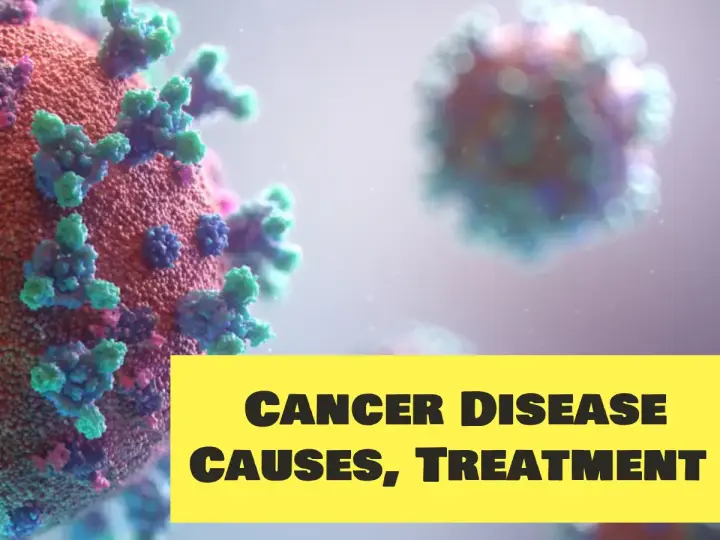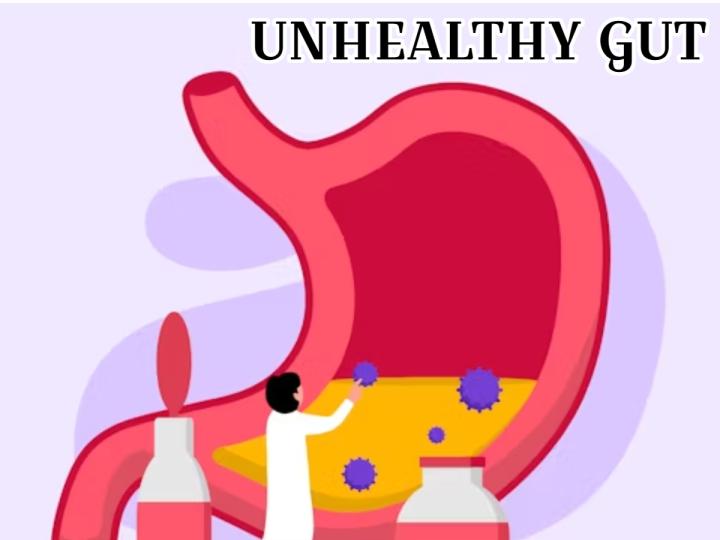
Cancer is one of the most challenging health conditions worldwide, affecting millions of people each year. It occurs when abnormal cells grow uncontrollably, forming tumors and potentially spreading to other parts of the body. Understanding cancer, its symptoms, treatments, and preventive strategies—including future vaccines—can help patients and families make informed decisions about their health.
Cancer is not a single disease but a group of diseases caused by the uncontrolled growth of abnormal cells. These cells may form lumps (tumors) or spread throughout the body via the blood and lymphatic systems.
Genetic Mutations: Inherited or acquired DNA changes that trigger abnormal cell growth.
Lifestyle Factors: Smoking, tobacco use, excessive alcohol consumption, and unhealthy diet.
Environmental Exposure: Harmful chemicals, radiation, or prolonged exposure to pollutants.
Chronic Infections: Viruses such as HPV, Hepatitis B, and Hepatitis C increase cancer risk.
Lack of Physical Activity: Sedentary lifestyle can contribute to cancer development.
Symptoms vary depending on the type of cancer. However, common warning signs include:
Unexplained weight loss
Persistent fatigue
Ongoing pain in certain areas
Lumps or abnormal swelling
Skin changes, unusual bleeding, or sores that do not heal
Early detection is crucial, as it greatly improves the chances of successful treatment.
Medical science has made significant progress in treating cancer. The choice of treatment depends on the type, location, and stage of cancer. Common treatment methods include:
Removing cancerous tumors or affected tissues to prevent further spread.
Using drugs to kill or shrink cancer cells.
Targeting cancer cells with high-energy radiation to destroy them while minimizing damage to healthy tissue.
Boosting the body’s immune system to fight cancer cells more effectively.
Medications that specifically attack cancer cells without harming healthy ones.
Effective for hormone-sensitive cancers like breast and prostate cancer.
Cancer vaccines are an exciting development in oncology. Unlike traditional vaccines that prevent infections, cancer vaccines train the immune system to recognize and attack cancer cells.
Preventive Vaccines: For example, the HPV vaccine protects against cervical and throat cancers.
Therapeutic Vaccines: Designed to treat existing cancers by stimulating the immune system to destroy cancer cells.
Researchers are actively developing vaccines for breast, lung, and colon cancers, showing promising results in clinical trials.
While not all cancers can be prevented, adopting a healthy lifestyle and preventive measures can significantly reduce your risk:
Eat a balanced diet rich in fruits, vegetables, and whole grains
Exercise regularly and maintain a healthy weight
Avoid smoking and limit alcohol consumption
Get vaccinated against cancer-causing viruses such as HPV and Hepatitis B
Schedule regular health check-ups and screenings for early detection
Q1: What is cancer?
A: Cancer is a group of diseases caused by abnormal cell growth that can form tumors or spread to other parts of the body.
Q2: What are the common causes of cancer?
A: Causes include genetic mutations, smoking, poor diet, alcohol use, chemical exposure, chronic infections, and sedentary lifestyle.
Q3: How is cancer treated?
A: Cancer can be treated using surgery, chemotherapy, radiation therapy, immunotherapy, targeted therapy, and hormone therapy depending on the type and stage.
Q4: Are there vaccines for cancer?
A: Yes. Preventive vaccines like HPV protect against certain cancers, and therapeutic vaccines are being developed to treat existing cancers.
Q5: Can lifestyle changes reduce cancer risk?
A: Absolutely. Eating healthy, exercising, avoiding tobacco and alcohol, and regular screenings can significantly lower the risk of many cancers.
Q6: What are the early warning signs of cancer?
A: Unexplained weight loss, fatigue, persistent pain, lumps, skin changes, or abnormal bleeding are common symptoms to watch for.
Q7: Can cancer be completely prevented?
A: Not all cancers can be prevented, but risk can be reduced through healthy habits, vaccinations, and regular medical check-ups.
Cancer remains a major global health challenge, but advancements in medical science are improving outcomes every year. Early detection, modern therapies, and preventive measures—including emerging vaccines—are crucial in the fight against cancer.
By staying informed, adopting a healthy lifestyle, and seeking regular medical advice, you can reduce your risk and support long-term well-being. Knowledge and prevention are your first steps toward a healthier life.
Also Read:
1️⃣ The Science-Backed Benefits of Drinking Warm Water Daily
2️⃣ Pink Salt Benefits: Uses, Health Effects




